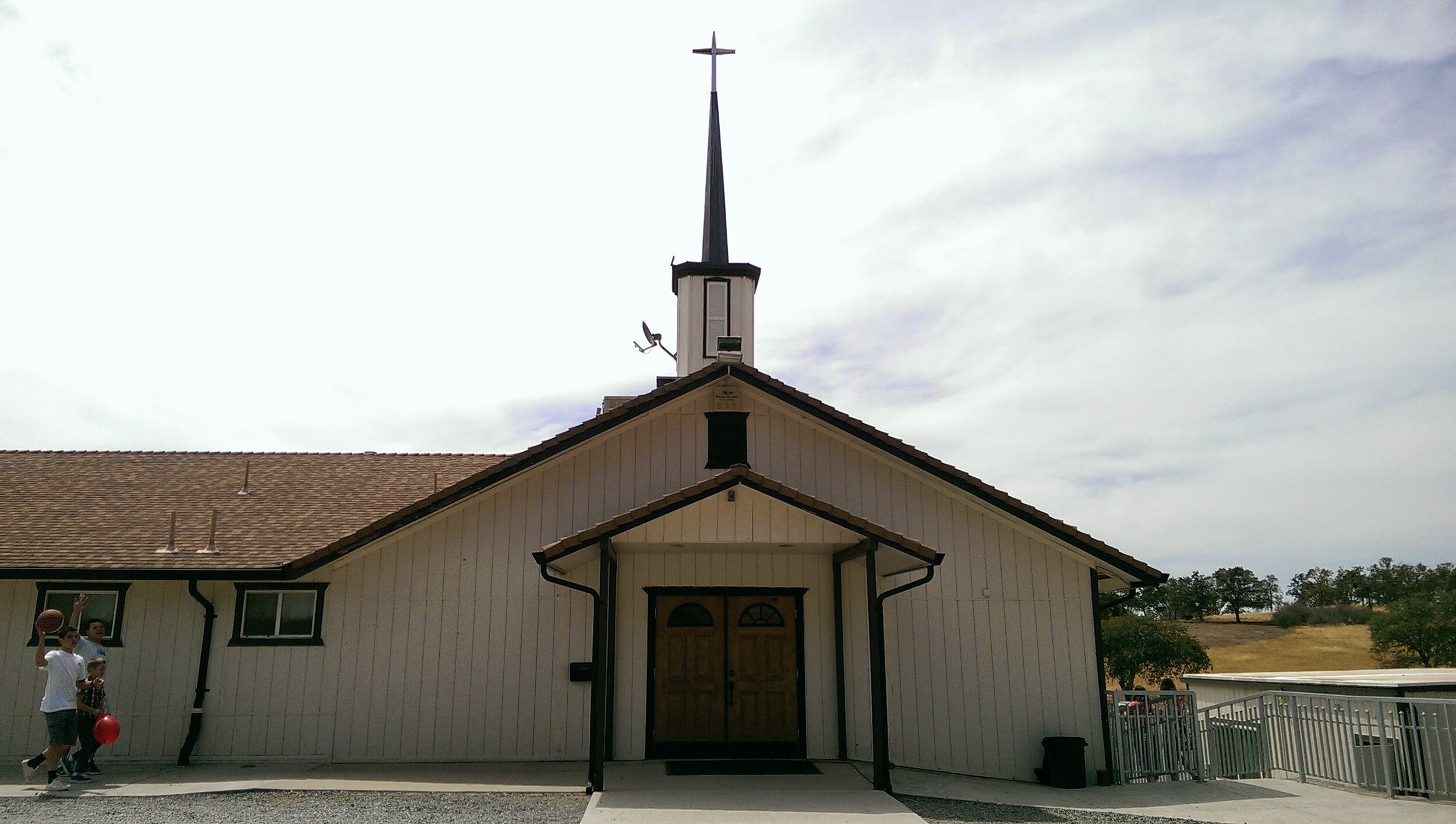We not Me is what Jesus prayed for all those who would trust him for salvation, forgiveness, and eternal life, for those who would believe in him, follow him, and be identified with him, for all who claim to be Christian, “I am praying for them. I am not praying for the world but for those whom you have given me, for they are yours. All mine are yours, and yours are mine, and I am glorified in them. And I am no longer in the world, but they are in the world, and I am coming to you. Holy Father, keep them in your name, which you have given me, that they may be one, even as we are one…. I do not ask for these only, but also for those who will believe in me through their word, that they may all be one, just as you, Father, are in me, and I in you, that they also may be in us, so that the world may believe that you have sent me. The glory that you have given me I have given to them, that they may be one even as we are one, I in them and you in me, that they may become perfectly one, so that the world may know that you sent me and loved them even as you loved me” John 17:9-11, 20-23 (ESV)Following Jesus’ crucifixion, burial, resurrection, ascension, and the outpouring of the Holy Spirit we see for the first time what the “we” the “one” Jesus prayed for looks like, “Those who believed what Peter said were baptized and added to the church that day—about 3,000 in all. All the believers devoted themselves to the apostles’ teaching, and to (the) fellowship, and to sharing in meals (including the Lord’s Supper), and to prayer. A deep sense of awe came over them all, and the apostles performed many miraculous signs and wonders. And all the believers met together in one place and shared everything they had” Acts 2:41-44 (NLT, parenthesis mine).A Christian who claims the “me” is enough ignores what Jesus prayed for all those who follow him. Someone who does not belong to local expression of the body of Christ, a local church and does not participate in its life practices the opposite of what Christians did from the very beginning. A believer who does not love the church does not love what Christ loves, “… Christ loved the church and gave himself up for her” Ephesians 5:25 (ESV). God’s “intent was that now, through the church, the manifold wisdom of God should be made known to the rulers and authorities in the heavenly realms, according to his eternal purpose which he accomplished in Christ Jesus our Lord” Ephesians 3:10-11 (NIV). And Jesus made it plain that in living out the “we” we become properly identified as his disciples, “By this all men will know that you are my disciples, if you love one another" John 13:35 (NIV).Being a ‘spiritual house” and a “holy priesthood” is a “we” concept “Coming to Him as to a living stone, rejected indeed by men, but chosen by God and precious, you also, as living stones, are being built up a spiritual house, a holy priesthood, to offer up spiritual sacrifices acceptable to God through Jesus Christ” 1 Peter 2:4-5 (NKJV). A belief in Christ’s return and a coming judgment should cause us to an increasing embrace of the “we”, a greater connection to Christ’s fellowship, a growing desire to worship, pray, serve, and torbe together, “Let us hold unswervingly to the hope we profess, for he who promised is faithful. And let us consider how we may spur one another on toward love and good deeds. Let us not give up meeting together, as some are in the habit of doing, but let us encourage one another--and all the more as you see the Day approaching” Hebrews 10:23-25 (NIV). Did you notice all of the “we”, “us”, and ”one another” in that last scripture? So what is your habit when comes to the “we” of being a Christian? Are you, a “living stone”, cemented together with other “living stones” in the community where God has placed you? Does your commitment to Christ and his fellowship encourage others? Does your involvement with Christ’s church make it stronger? O how I hope it does.To God be all glory. Love you, Pastor Hans
Der German shepherd
Pastor's Notes from a Country Preacher
×
Keywords
- Advent/Christmas
- America
- Bible
- Blessings
- Change
- Choices/Decisions
- Christianity
- Church
- Cross
- Easter
- Faith
- Fatherhood
- Forgiveness
- Freedom
- Giving/Generosity
- Godliness
- Gratefulness
- Grief
- Habits
- Holiness
- Hope
- Jesus
- Joy/Happiness
- Judgement
- Justice
- Kindness
- Love
- Neighbor
- New Year
- Parenting
- Patience
- Peace
- Politics/Election
- Prayer
- Racism
- Resilience
- Salvation
- Sanctification
- Servanthood
- Sin
- Spiritual Growth/Health
- Suffering
- Testimony
- Thanksgiving
- Tithe
- Transformation
- Transparency
- Wisdom
- Witness
